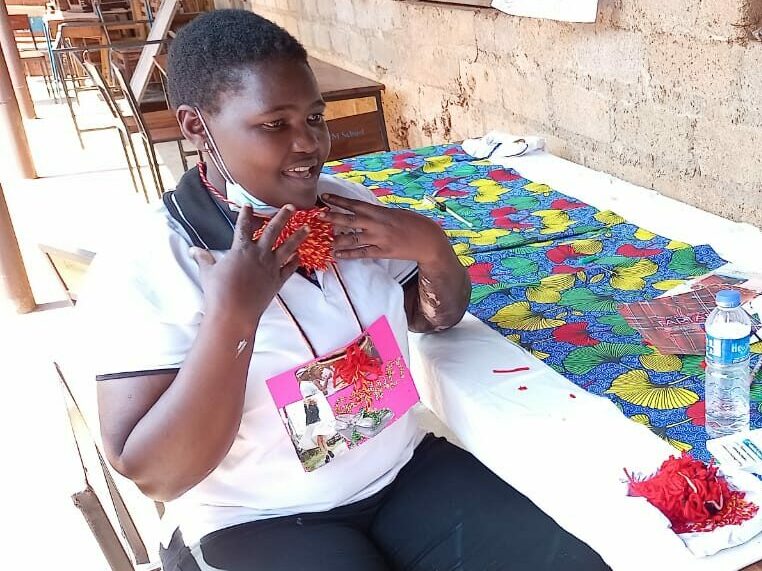
News
Teen Pregnancy During Covid
Play audio version
TRIUMPH Uganda Advocates for Better Access to Sexual and Reproductive Health Services for Women and Girls with Disabilities
November 27, 2021
JINJA, Uganda — Uganda has seen a surge in teen pregnancies since schools were shut down due to the pandemic. Rights groups say the lockdowns have deprived girls of the social protection schools offer, making them more vulnerable to sexual exploitation and abuse. “During this COVID period, the teachers have been helping the parents to teach the children about sex education, but the fact that schools have been locked for a long time, it has been hard to educate the children on sex information,” says Gorret Namwanjje, a 19-year-old self-advocate at Triumph Uganda Mental Health Support and Recovery Program. “As a result, teenage pregnancy has increased.”
TRIUMPH advocates for better access to sexual and reproductive health services for persons with psychosocial disabilities in the Jinja District of Uganda. According to the United Nations Population Fund, girls and women with disabilities face up to 10 times more gender-based violence than those without disabilities. What’s more, while young people with disabilities have the same sexual and reproductive health needs and rights as their peers without disabilities, stigma and misconceptions about disability – along with a lack of accessible health services – often prevent young women with disabilities from leading healthy sexual lives.
Namwanjje is a person with a psychosocial disability and a survivor of sexual assault. When she was in primary school, a classmate tried to rape her as they were walking home one evening. “I fear having sex because …my perception towards it is negative,” she says.
The young people have been affected in that they cannot embrace and respect their sexual life and fail to grow progressively.
Robinah Alambuya
According to the United Nations Population Fund, 354,736 teenage pregnancies were registered in Uganda in 2020, and in the first six months of 2021, close to 200,000 have been registered. A recent survey by Twaweza shows that 80 percent of Ugandans say teen pregnancy has become a bigger problem during the pandemic, and approximately half believe physical, emotional, and sexual violence has become worse.
Dorcas Kizza, a health worker from the Joy Medical Centre in Kampala, estimates that 75 percent of the young people she sees haven’t talked to their parents about sex. As a result, many of her patients have ended up pregnant or contracting a sexually transmitted disease because of this lack of information. “Less than 10 percent of the parents visit the Centre asking for assistance due to the cultural reasons,” she says, “while others were never taught about sex education, which makes it hard for them to have this conversation with their children.”
Kizza encourages parents and guardians to learn how to talk with their children about sex. If they don’t, she says, young people will get the wrong messages from the media. “Parents should get out of their comfort zone and talk to their children because it will save them from a lot!” she says.
Robinah Alambuya, TRIUMPH’s co-founder and executive director, says there has been a longstanding hesitancy among parents in Uganda to talk with their children about sex. Adding a sex education curriculum in the schools hasn’t helped as much as she’d hoped. “This was put up in order to teach children about sex education, but the community has resisted it, as they claim that it will spoil their children. Most people don’t understand sex education, as they limit it to sexual intercourse,” she says. “The young people have been affected in that they cannot embrace and respect their sexual life and fail to grow progressively.”
Esther Suubi is a 2021 Disability Justice Project Fellow and a peer educator at TRIUMPH. @2021 TRIUMPH Uganda. All rights reserved.
News From the Global Frontlines of Disability Justice
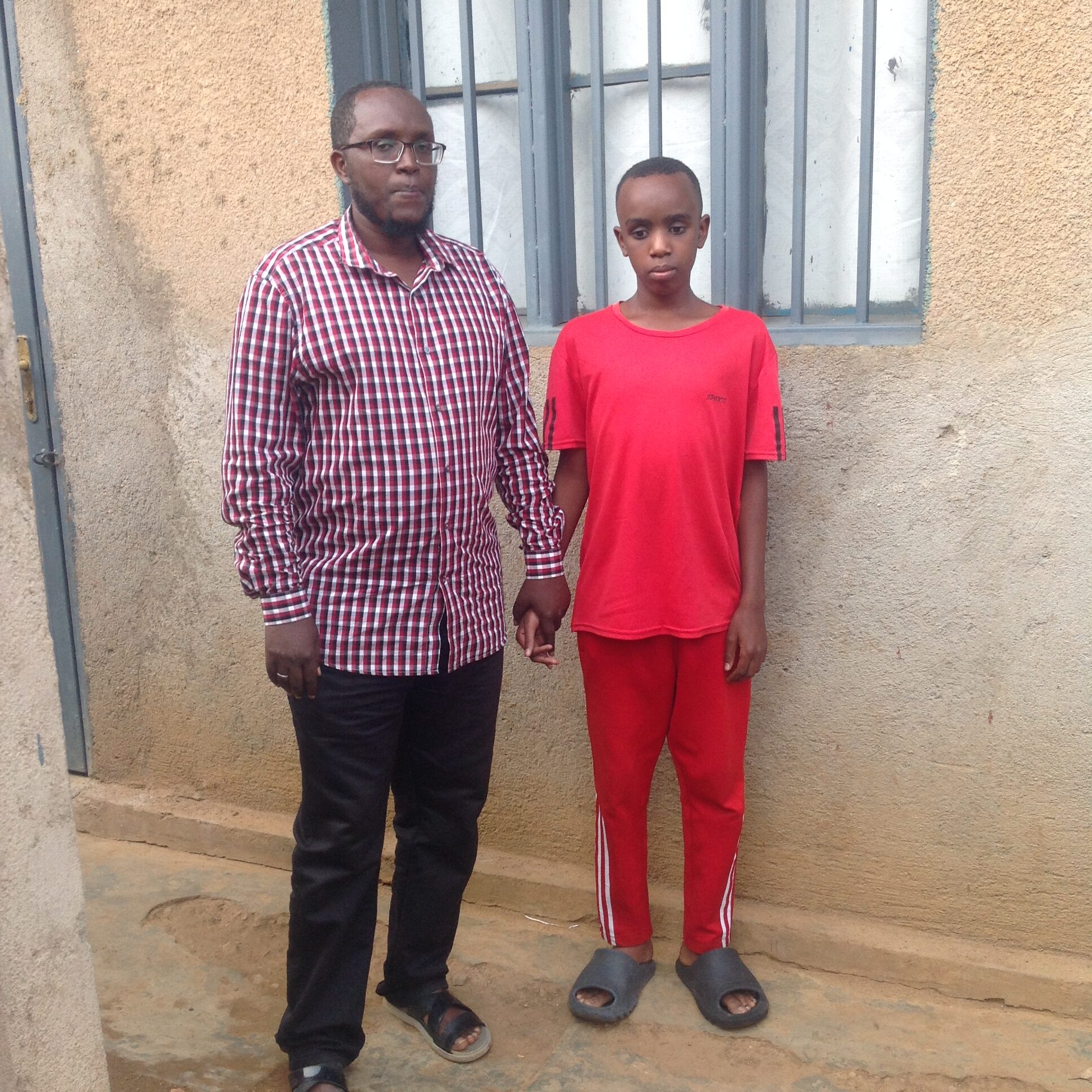
‘I Just Want to Walk Alone’
Fourteen-year-old Saifi Qudra relies on others to move safely through his day. Like many blind children in Rwanda, he has never had a white cane. His father, Mussah Habineza, escorts him everywhere. “He wants to walk like other children,” Habineza says, “He wants to be free.” Across Rwanda, the absence of white canes limits children’s mobility, confidence, and opportunity. For families, it also shapes daily routines, futures, and the boundaries of independence.
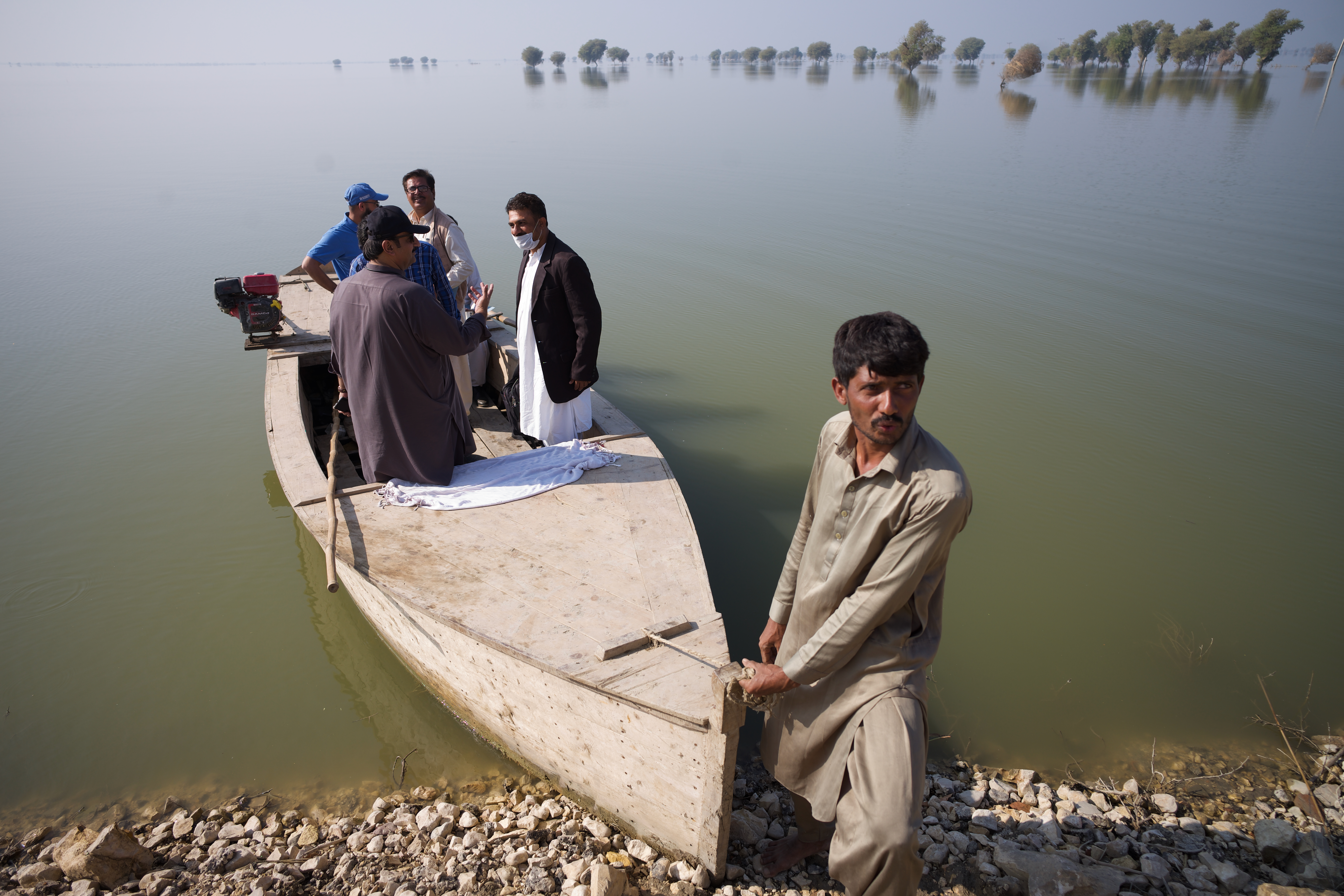
‘Evacuation Routes Are Meant for People Who Can Run’
As climate change and conflict intensify across Pakistan, emergency systems continue to exclude people with disabilities. Warning messages, evacuation routes, and shelters are often inaccessible, leaving many without critical information when floods or violence erupt. “Evacuation routes are built for people who can run,” Deaf author and policy advocate Kashaf Alvi says, “and information is broadcast in ways that a significant population cannot access.”
Read more about ‘Evacuation Routes Are Meant for People Who Can Run’
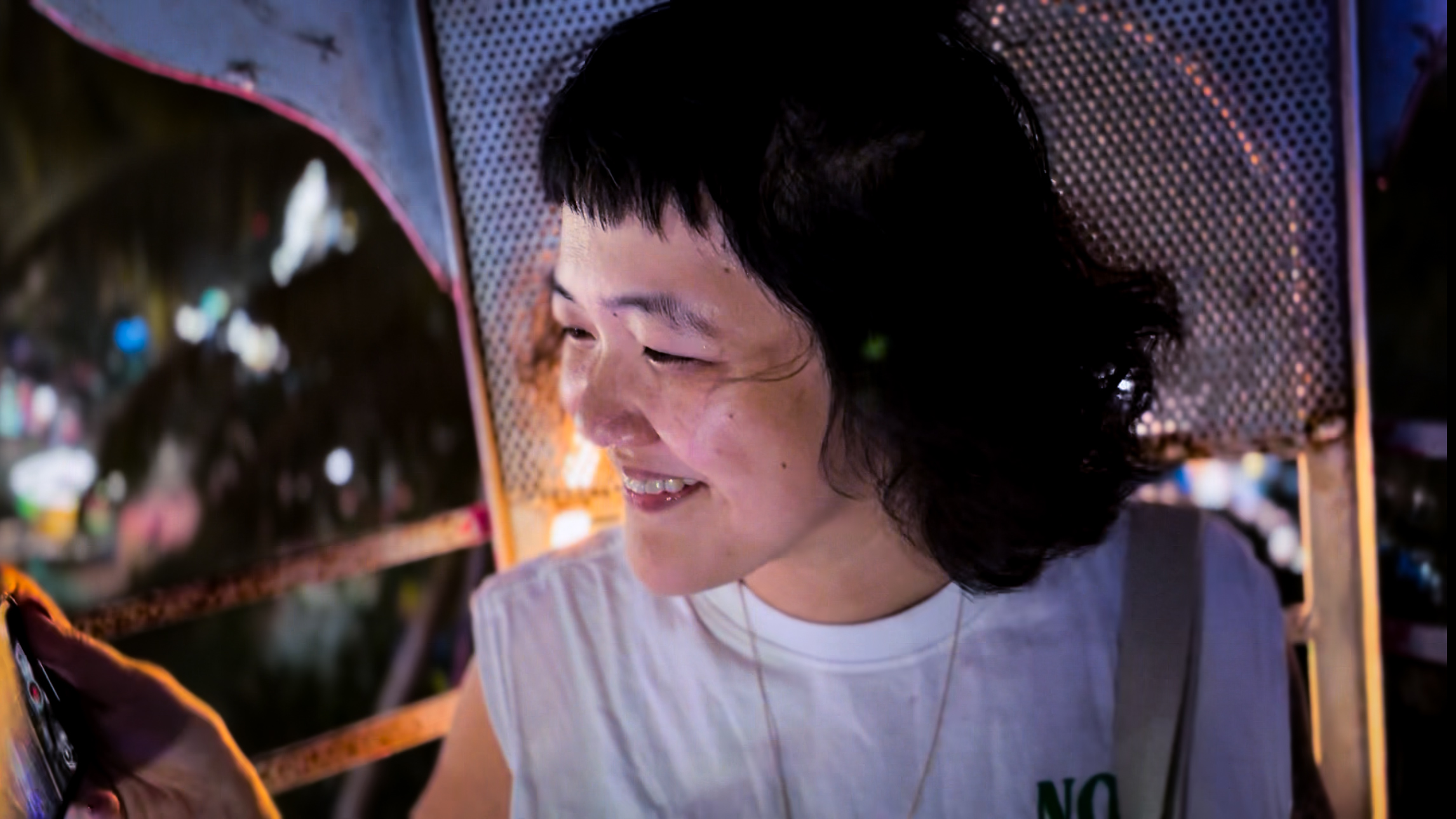
Autism, Reframed
Late in life, Malaysian filmmaker Beatrice Leong learned she was autistic and began reckoning with decades of misdiagnosis, harm, and erasure. What started as interviews with other late-diagnosed women became a decision to tell her own story, on her own terms. In The Myth of Monsters, Leong reframes autism through lived experience, using filmmaking as an act of self-definition and political refusal.
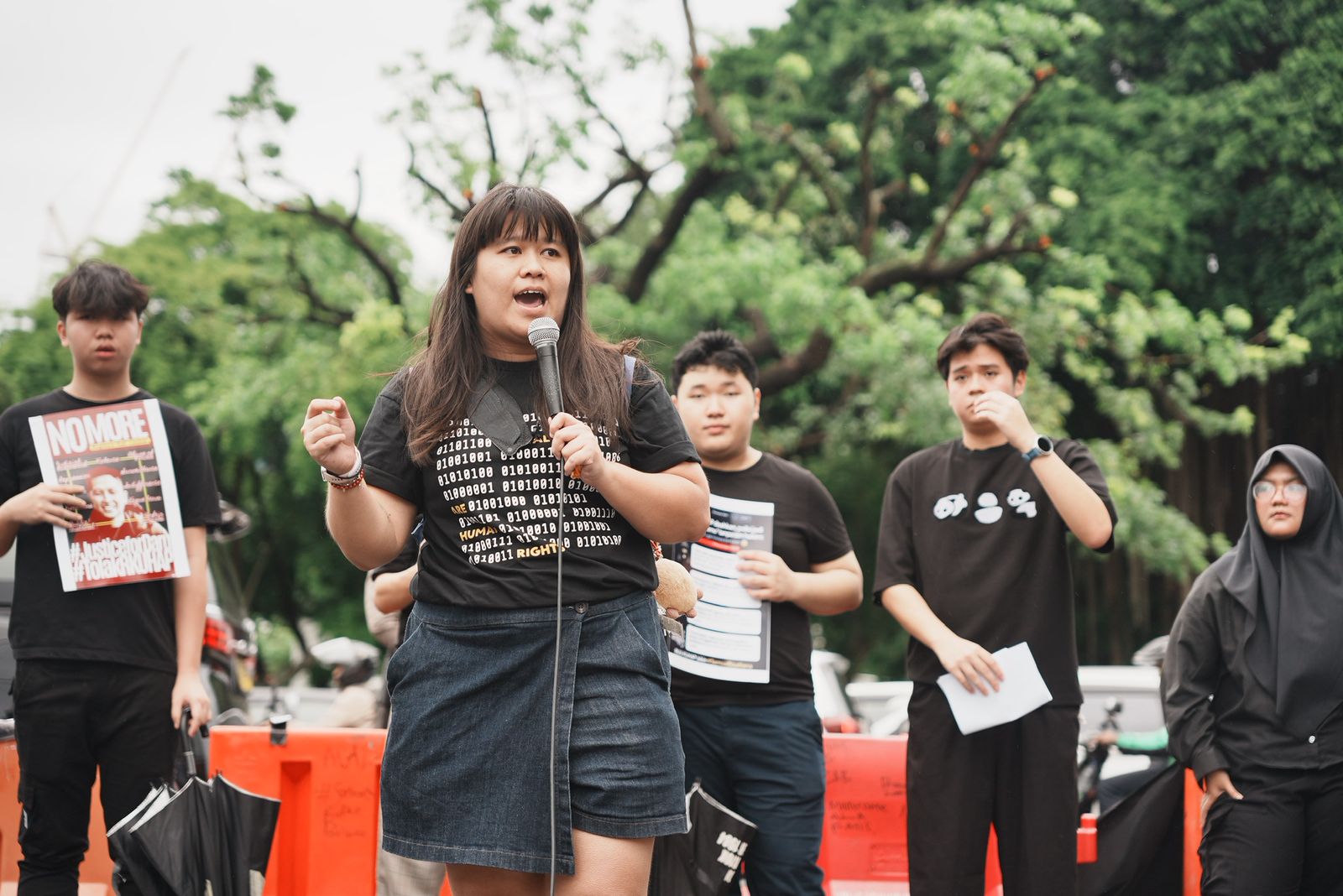
Disability and Due Process
As Indonesia overhauls its criminal code, disability rights advocates say long-standing barriers are being reinforced rather than removed. Nena Hutahaean, a lawyer and activist, warns the new code treats disability through a charitable lens rather than as a matter of rights. “Persons with disabilities aren’t supported to be independent and empowered,” she says. “… They’re considered incapable.”

Disability in a Time of War
Ukraine’s long-standing system of institutionalizing children with disabilities has only worsened under the pressures of war. While some facilities received funding to rebuild, children with the highest support needs were left in overcrowded, understaffed institutions where neglect deepened as the conflict escalated. “The war brought incredibly immediate, visceral dangers for this population,” says DRI’s Eric Rosenthal. “Once the war hit, they were immediately left behind.”
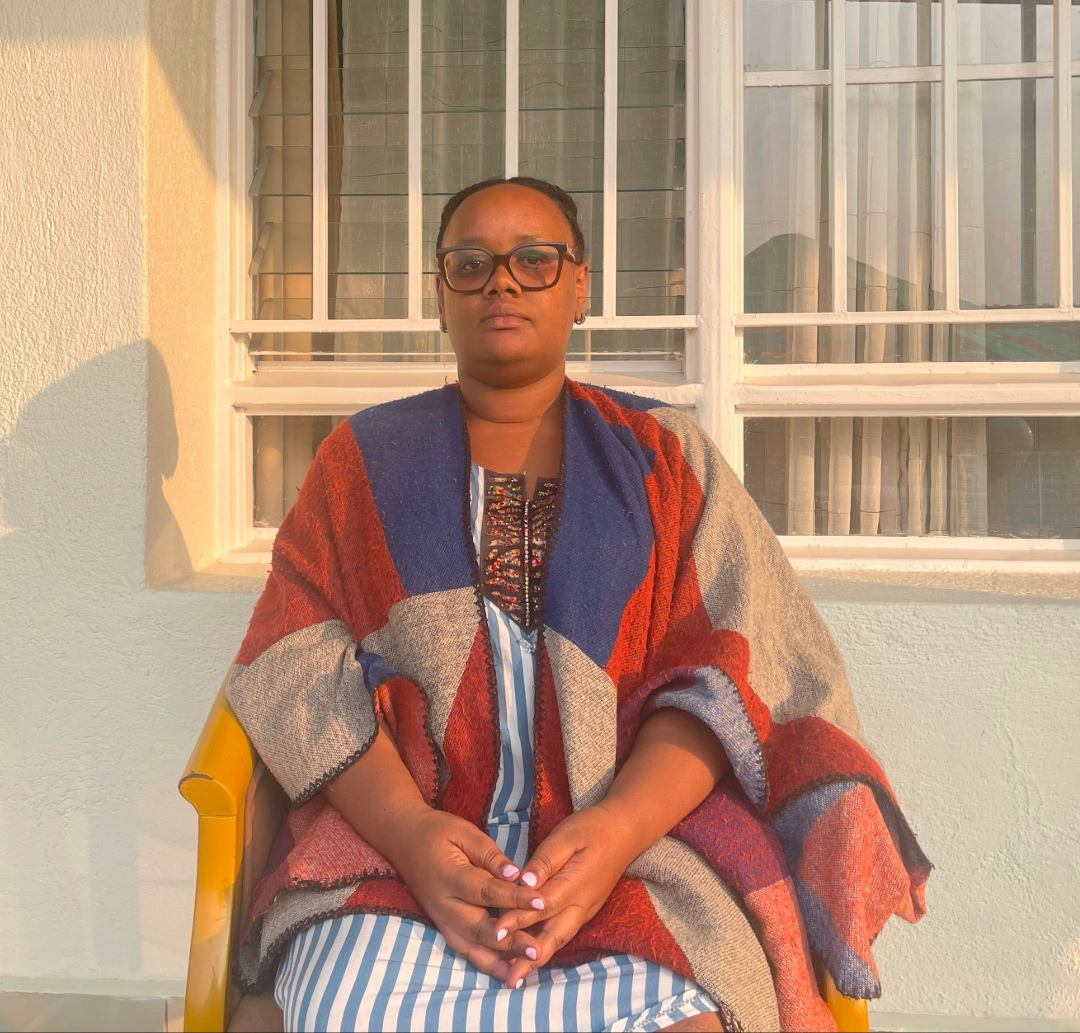
The Language Gap
More than a year after the launch of Rwanda’s Sign Language Dictionary, Deaf communities are still waiting for the government to make it official. Without Cabinet recognition, communication in classrooms, hospitals, and courts remains inconsistent. “In the hospital, we still write down symptoms or point to pictures,” says Jannat Umuhoza. “If doctors used sign language from the dictionary, I would feel safe and understood.”